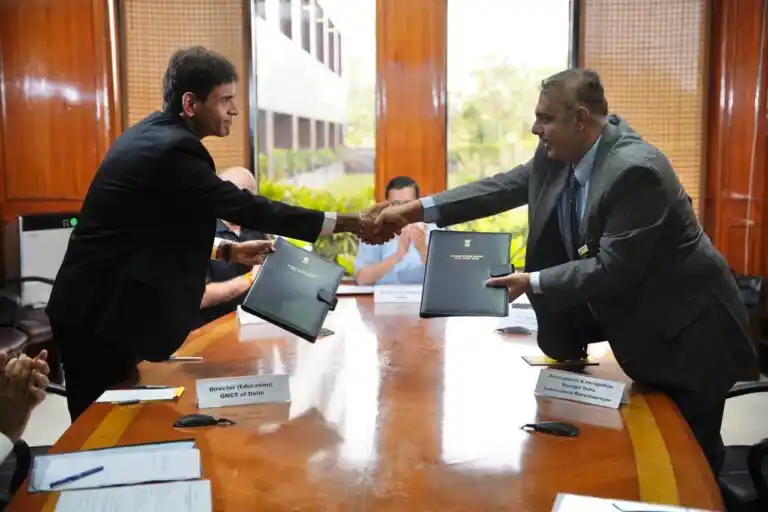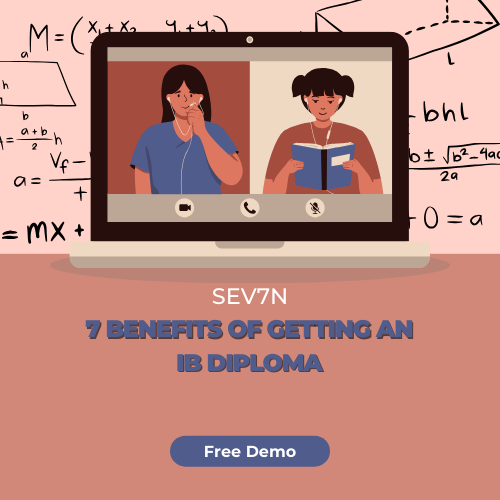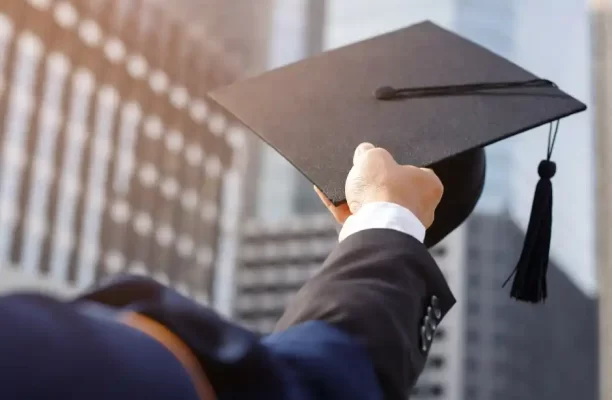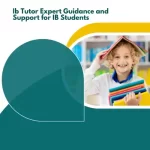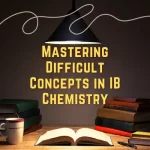True that the Indian education system has been a reflection of non-equity of education opportunities. The ‘unequal education rights’ is a screenshot of a non-egalitarian society, inflicted by the disparity in the socio-cultural-economic rights and opportunities. The age old inequity of education rights had made the Indian parent and student community tolerant to the bare truth that ‘the haves are privileged with education of excellence, while the have nots silently compromise with what they have.’
Today, the Delhi government has taken up ‘the bold step’ in the Indian education which is in a league of its own. To bring in a modest equity in the rugged education landscape of the country, the Delhi government initiated a novel chapter in the capital education. With a wide vision of creating empathetic knowledgeable students as globally responsible citizens who would work towards making the world a better and peaceful place, India’s capital government has joined hands with the International Baccalaureate curriculum. The liaison has been made with the novel mission of creating a progressive skill based learning framework for the students. A newly setup board namely DBSE (Delhi Board of School Education) has been formed to formally liaise with the IB as its knowledge partner.
Why DBSE with IB only, and with no other curriculum?
The obvious question which may arise in many of your minds is: ‘why has DBSE been in liaison with the IB and with no other curriculum?’ It cannot be denied that the International Baccalaureate has been a thoroughly well studied curriculum and methodology, with its unique pedagogy, approaches to teaching and learning, and most importantly its IB learner profile. All these are intricately woven through each and every concept you deal with. IB is a futuristic career preparatory coursework. It inculcates the most demanding 21st century transferable skills. The knowledge construction which happens through real life problem solving, educates students meaningfully in reforming the world through a holistically balanced real life approach. Hence, it was very obvious that the Delhi government sensed the much needed shot of the hour to move away from the mundane algorithmic scores, rote learning, and degrees; rather focus on a far more significant transformative learning model.
DBSE-IB tie up in operation
Based on the decision made by the Delhi government on July 29, for the first academic session 2021-22 a total of 30 schools would be affiliated to the new DBSE-out of which 20 are Schools of Specialised Excellence (SOSEs) which would conduct the IB Middle Year Programme (IB MYP) for grades 9 and 10 and the IB Diploma Programme (IBDP) for grades 11 and 12, while 10 schools would be government Sarvodaya Vidyalayas in East Delhi instrumental in running the IB Primary Year Programme (IB PYP) from nursery to grade 5 and IB Middle Year Programme (IB MYP) from grades 6-8. The futuristic courses conducted by the SOSEs would focus on humanities, 21st century skills, visual arts, and STEM courses.
DBSE-IB certification
The collaboration between DBSE and IB has propelled a multiplier effect- with a few intuitive knowledge partners working towards creating the most appropriate assessment tool in coherence with the IB’s mission, vision, approaches to teaching (ATT), approaches to learning (ATL), subject specific IB assessment criteria, and the IB learner profile. The students who would be graduating from the SOSEs would be awarded with a dual certification DBSE-IB.
Professional Developments for teachers
The DBSE-IB collaboration has enunciated a team of 400 teachers from the Sarvodaya Vidyalayas and 150 from SOSEs to be professionally upskilled through the professional development (PD) IB workshops. The PDs would surely be a lifelong asset and gratifying experience to the teachers who would create the most efficient pool of elite resources of the country.
Some challenges in DBSE-IB collaboration
IB, the academically challenging and holistically balanced curriculum requires a small teacher-student ratio to be maintained, which seems to be a sheer challenge for the Sarvodaya Vidyalayas which have a non-restricted entry and admission criterion. Moreover, in order to conduct IB the feasible medium of instruction has to be English, which again might create difficulty in the implementation in the Sarvodaya Vidyalayas.
Congratulations to the Delhi government
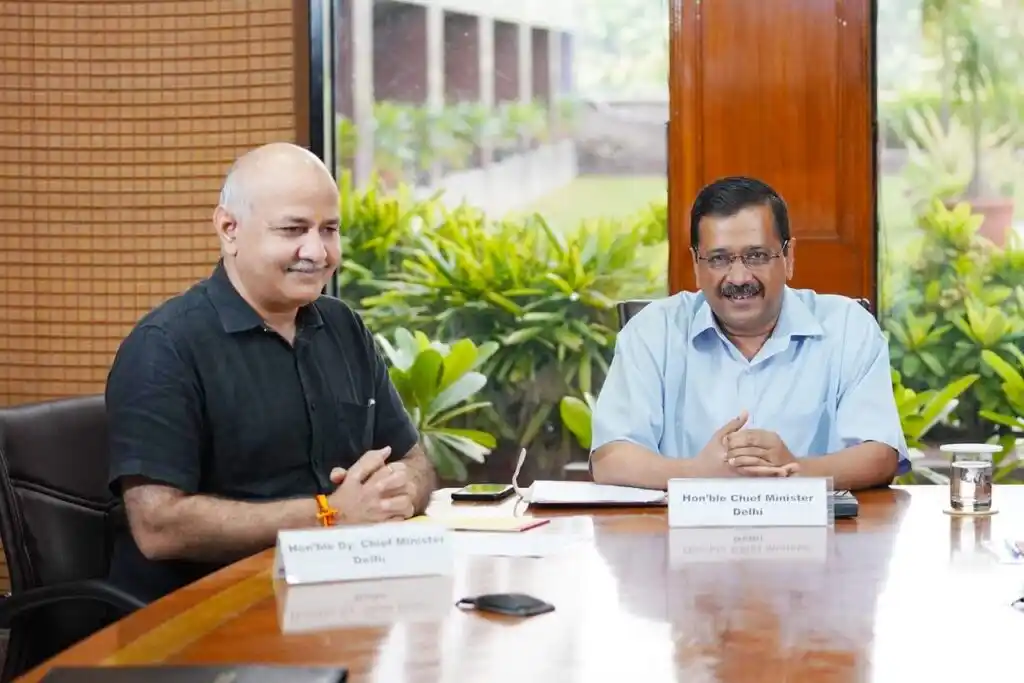
Image credit- twitter.com/ArvindKejriwal
Our heartiest congratulations to the Delhi Chief Minister Arvind Kejriwal and the Deputy Chief Minister and Education Minister Manish Sisodia for the boldest mode of action in adopting the BIG transformative pedagogy to the learning model.
